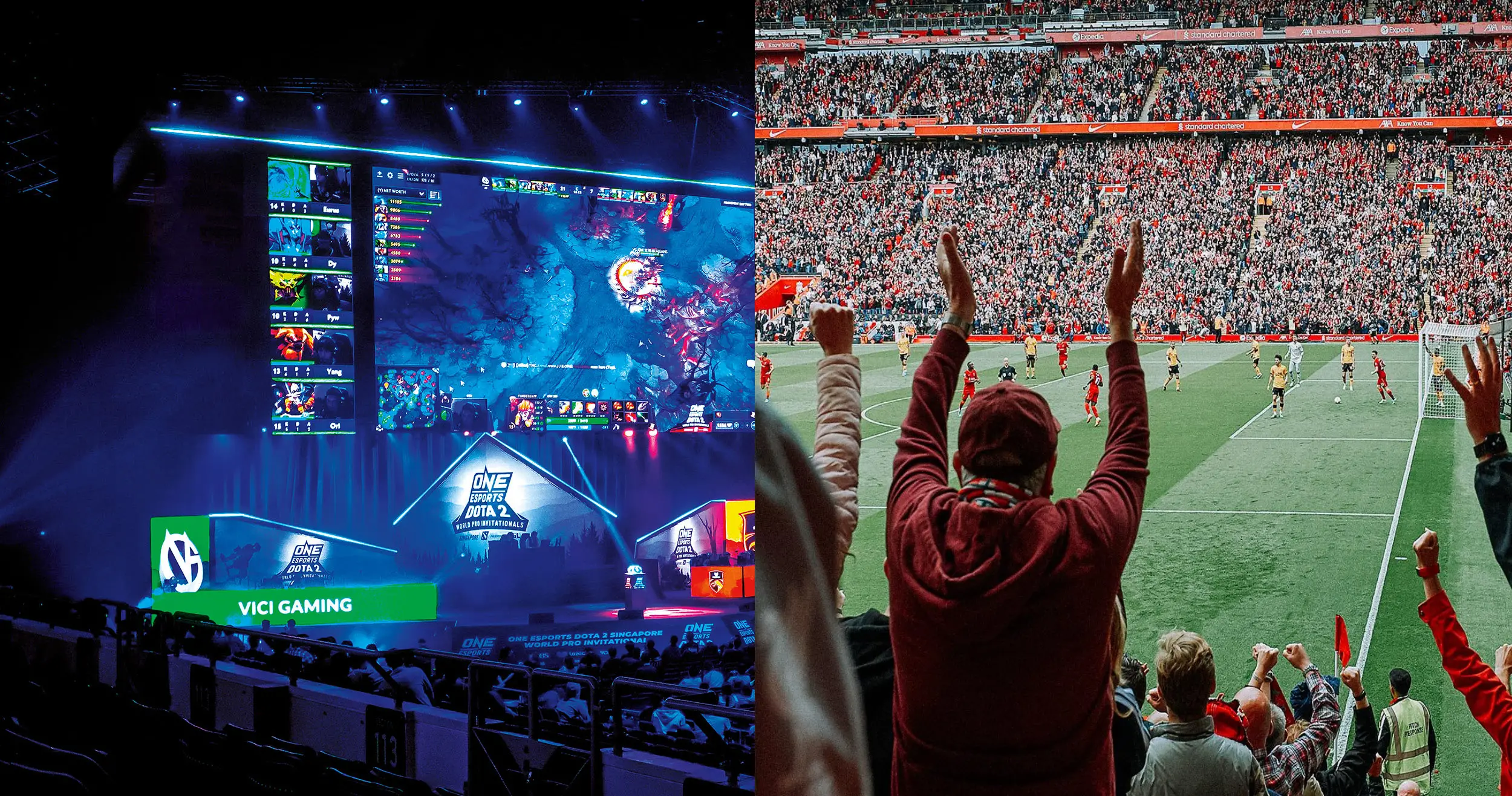Esports, or electronic sports, is a rapidly growing industry that is challenging traditional sports for popularity and viewership. Esports tournaments are now streamed live to millions of people around the world, and professional gamers can earn millions of dollars in prize money.
But can esports truly compete with traditional sports? In this article, we will explore the similarities and differences between esports and traditional sports, and assess whether esports has the potential to overtake traditional sports in terms of popularity and viewership.
Similarities between esports and traditional sports
- Competition: Both esports and traditional sports are competitive activities where athletes compete against each other to win.
- Teamwork: Many esports games are team-based, just like traditional sports.
- Skill: Both esports and traditional sports require a high level of skill and dedication to compete at the highest level.
- Popularity: Both esports and traditional sports are popular forms of entertainment with millions of fans around the world.
Differences between esports and traditional sports
There are also some key differences between esports and traditional sports, including:
- Physicality: Esports is a non-physical activity, while traditional sports require athletes to be physically fit.
- Accessibility: Esports is more accessible than traditional sports, as anyone with a computer or gaming console can participate. Traditional sports, on the other hand, require access to specialized facilities and equipment.
- Global reach: Esports has a global reach, as tournaments can be played between players from all over the world. Traditional sports, on the other hand, are often more regional or national in scope.
Can esports compete with traditional sports?
So, can esports compete with traditional sports? The answer is yes, but it will not be easy. Esports has a number of advantages over traditional sports, including its accessibility, global reach, and appeal to a younger audience. However, traditional sports still have a number of advantages, including their long history, established fan bases, and cultural significance.
In the short term, it is unlikely that esports will overtake traditional sports in terms of popularity and viewership. However, in the long term, esports has the potential to become a major force in the sports world. As the esports industry continues to grow and develop, it is likely to attract more fans and investment, and could eventually challenge traditional sports for dominance.

Factors that could help esports compete with traditional sports
There are a number of factors that could help esports compete with traditional sports, including:
- Increased investment: As esports continues to grow in popularity, it is likely to attract more investment from sponsors and broadcasters. This investment will help to fund esports tournaments and leagues, and increase the production value of esports broadcasts.
- Recognition from traditional sports leagues: Some traditional sports leagues have already begun to recognize esports. For example, the National Basketball Association (NBA) has launched its own esports league, the NBA 2K League. This recognition from traditional sports leagues will help to legitimize esports and make it more appealing to a wider audience.
- More mainstream coverage: Esports is currently covered by mainstream media outlets, but this coverage is often limited to specialized publications and websites. As esports continues to grow in popularity, it is likely to receive more mainstream coverage from major news outlets. This coverage will help to introduce esports to a wider audience and increase its popularity.
Challenges that esports faces
Esports also faces a number of challenges, including:
- Negative stereotypes: Esports is often stereotyped as a sedentary activity for socially awkward people. These stereotypes can discourage people from participating in esports and watching esports tournaments.
- Lack of regulation: The esports industry is currently unregulated, which can lead to problems such as cheating and match-fixing. Regulation could help to ensure that esports competitions are fair and legitimate.
- Difficulty for new players to break into the professional scene: The professional esports scene is very competitive, and it can be difficult for new players to break in. This can discourage people from pursuing a career in esports.
Conclusion
Esports is a rapidly growing industry with the potential to compete with traditional sports in terms of popularity and viewership. However, esports faces a number of challenges, such as negative stereotypes, a lack of regulation, and the difficulty for new players to break into the professional scene.
If esports can overcome these challenges, it has the potential to become a major force in the sports world. Esports has a number of advantages over traditional sports, including its accessibility, global reach, and appeal to a younger audience. As the esports industry continues to grow and develop, it is likely to attract more fans and investment, and could eventually challenge traditional sports for dominance.


















